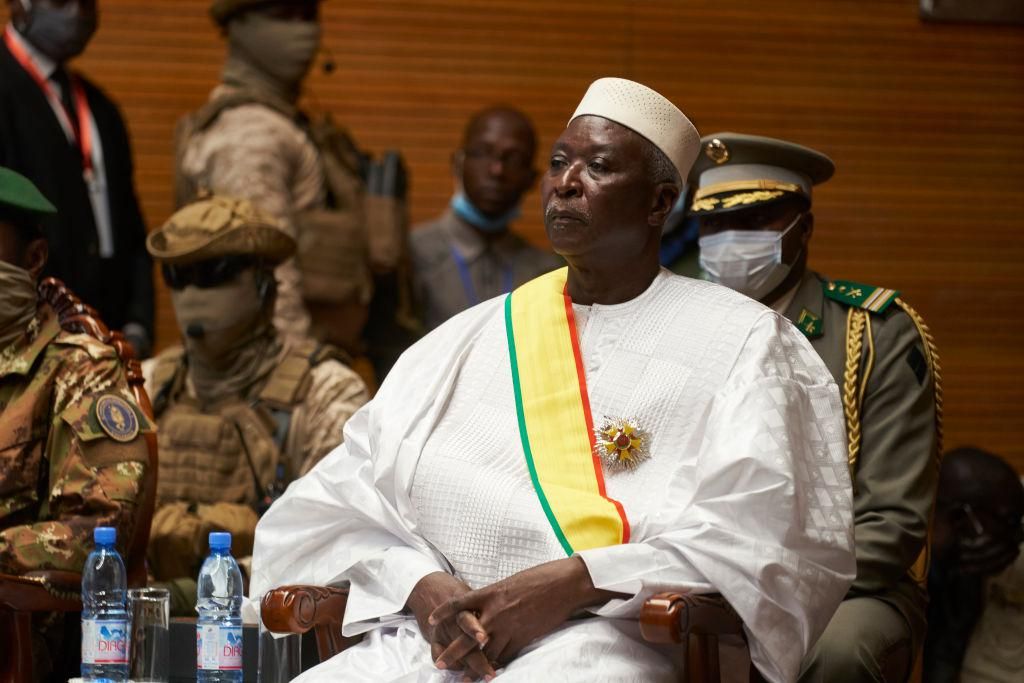UN & AU Call for Immediate Release of Malian President Bah Ndaw
The United Nations and African Union have called for Mali's President Bah Ndaw, who is being detained alongside his prime minister and defence minister, to be released by military soldiers.
The United Nations (UN), African Union (AU) and the The Economic Community of West African States (ECOWAS) have collectively called for the immediate release of Malian President Bah Ndaw who was recently detained by military soldiers alongside his Prime Minister, Moctar Ouane, and Defence Minister, Souleymane Doucoure. The detainment of Ndaw and his ministers, who are a part of the country's transitional government, follows former President Ibrahim Boubacar Keita's ousting through a military coup in August last year.
READ: Malian President Ibrahim Boubacar Keita Has Resigned Amid Military Mutiny
In a joint statement, the UN and AU have condemned the detainment and insisted that "the international community rejects in advance any act of coercion, including forced resignations," Al Jazeera reports. Additionally, the two regulatory bodies have also emphasised that "the ill-considered action taken today carries the risk of weakening the mobilisation of the international community in support of Mali." Currently, there are rising fears around the potential for yet another coup although there has been relative calm thus far.
According to Reuters, the cause of the politicians' detainment is a cabinet reshuffle which took place this past Monday and saw two soldiers, who were part of last year's military coup, removed from government. There are fears that this recent action will result in the further destabilisation of the country already battling with violence perpetrated by militant Islamist groups such as al Qaeda and Islamic State.
Mali's political landscape has admittedly been volatile in the nine months post the coup that ousted Keita and his government. According to the BBC, while the departure of Keita has been welcomed by many Malians, there is still discontent over the "dominance" of the military in the current transitional government as well as the delay in enacting certain political reforms.
- Malian President Ibrahim Boubacar Keita Has Resigned Amid ... ›
- Baba Salah Plays Northern Malian Guitar for A Silenced People ... ›
- Deep Dive: Protest Movements Across the Continent - OkayAfrica ›
- Deeper Than The Headlines: Nigeria's Rape Culture, Mali, Non ... ›
- Fatoumata Diawara: "People Need an Example in Africa, Because ... ›
- 6 Recent Times France Has Intervened in Africa - OkayAfrica ›
- Mali Removed From West African Regional Body Until Next Democratic Elections in 2022 ›
